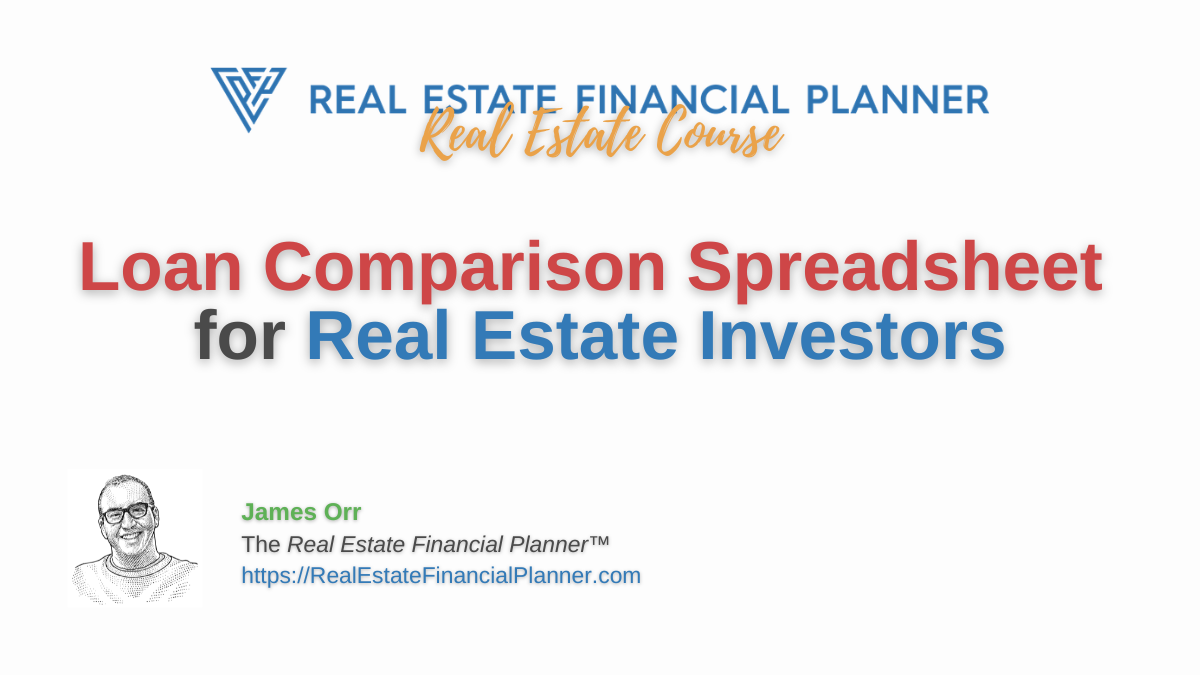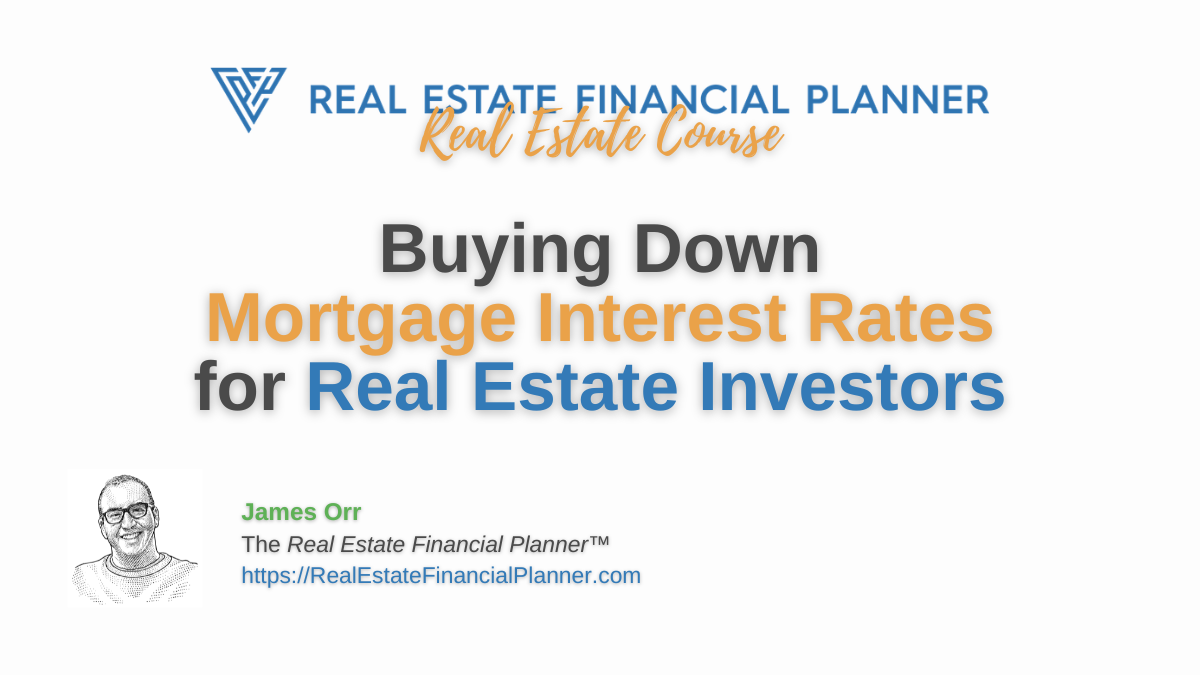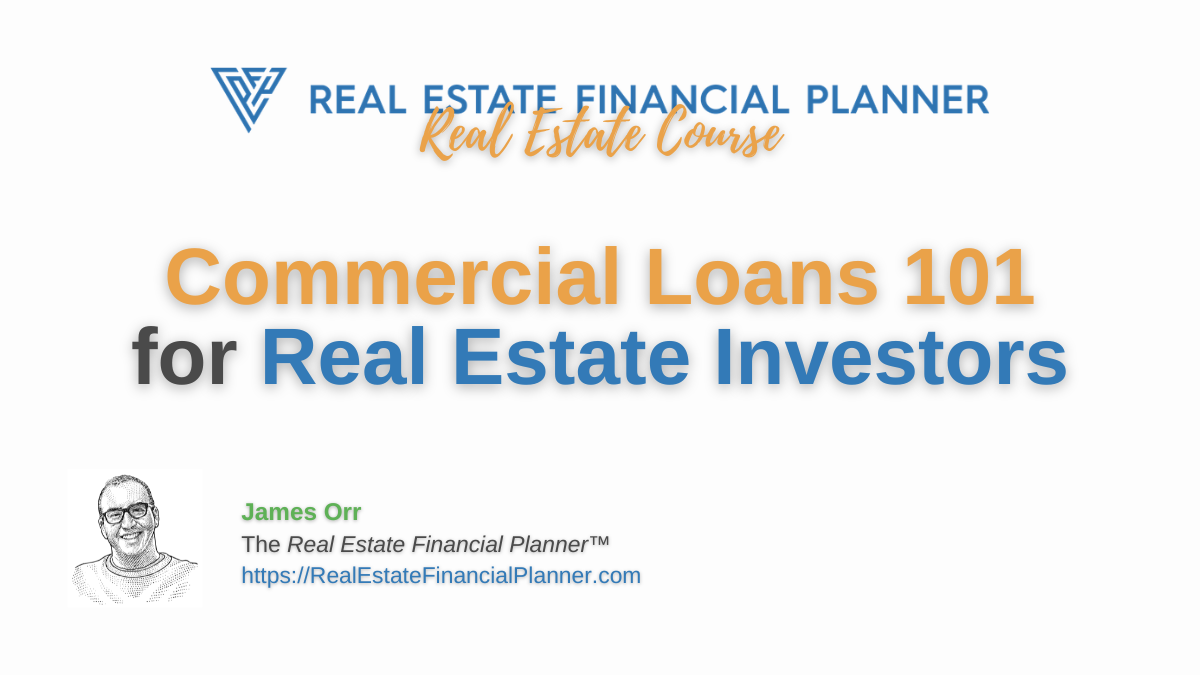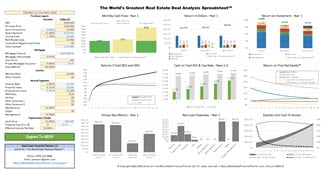Ultimate Guide to 1031 Exchanges for Real Estate Investors
Introduction Welcome to the ultimate guide on 1031 exchanges, a strategic gem in the realm of real estate investing that savvy investors use to propel their wealth to new heights while optimizing tax efficiency. At first glance, the 1031 exchange might appear daunting, wrapped in a cloak of tax legalese and complex regulations. Yet, it stands as one of the most powerful tools at the disposal of real estate investors. This guide aims to peel back the layers of complexity surrounding the 1031 exchange process, illuminating how you can harness this strategy to defer capital gains taxes, reinvest in higher-value … Read more






